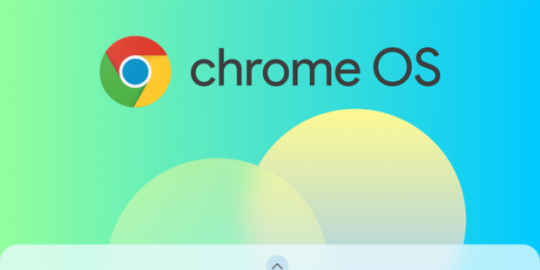
Earlier this week, we were abuzz with excitement about Google's project, Ferrochrome. This innovative experiment allows you to run Chrome OS on Android devices, using a special build of Chromium OS. Imagine the possibilities! But alas, Google has confirmed that this was merely a fun proof of concept. The idea, while captivating, isn't slated for an actual product release.
At a private event, Google demonstrated Ferrochrome on a Pixel 8, highlighting the latest advancements in the Android platform. This demo was a part of a broader showcase focused on Android 15's virtualization features. Using the Pixel 8, they projected Chromium OS onto an external monitor, creating quite a buzz among onlookers. But this was more about showing off Android 15’s capabilities than about launching a new product.
The core of this project lies in the Android Virtualization Framework (AVF), a feature introduced in Android 13. AVF provides a secure environment for executing sensitive code. Dave Burke from Google explained that traditionally, secure computing on Android relied on TrustZone, which isn't as robust as virtual machines. Moving sensitive code to VMs represents a significant upgrade in security and functionality.
Android 15 takes this a step further by enabling graphical operating systems to run in a VM with GPU acceleration. To demonstrate this, Google chose Chromium OS—their own creation—as the testbed. Sameer Samat of Google mentioned that this was an exciting challenge that showcased what the new virtualization framework can do. It was a tech demo aimed at pushing the boundaries of what Android can achieve.
Despite the excitement, Google has no plans to bring Ferrochrome to market. While many were thrilled by the prospect of running Chrome OS on Android, including myself, it remains a tantalizing glimpse into what could be. The community's positive response may influence future explorations, but for now, Ferrochrome will stay a fascinating, unrealized concept.
In conclusion, Ferrochrome was an eye-opening demonstration of Android 15's virtualization prowess, but it won't be hitting your devices anytime soon. The project beautifully showcased the potential of secure, VM-based computing on Android, and while it won't become a product, it has certainly paved the way for future innovations. Let’s hope Google keeps pushing boundaries and perhaps, one day, revisits this intriguing idea.